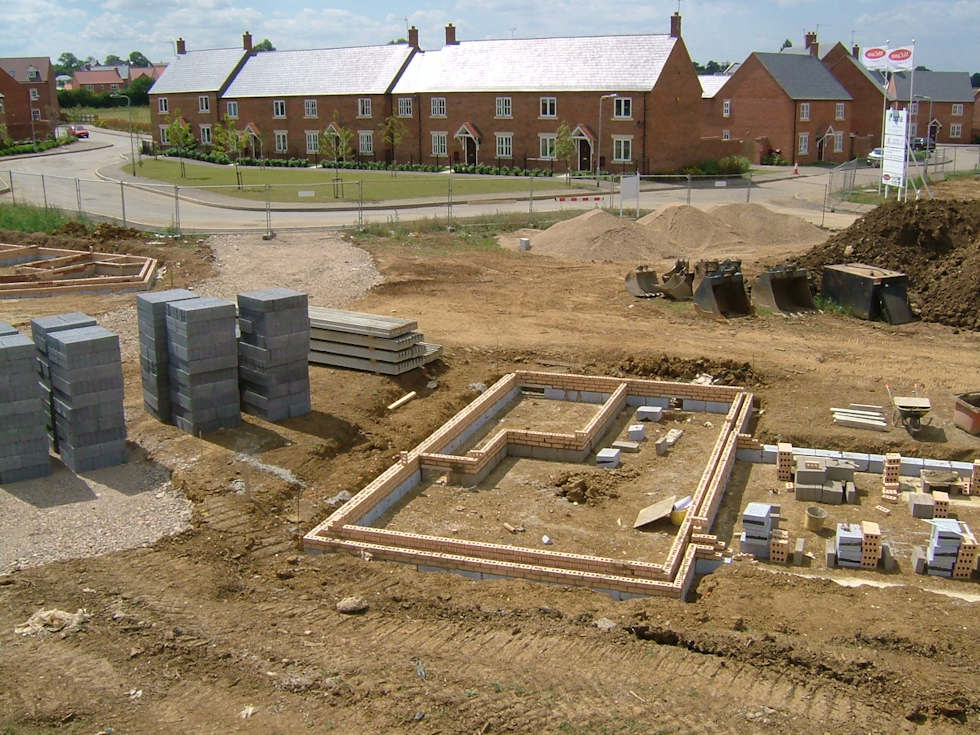There are some fantastic examples of block paving in Cambridge, which add beauty to the outside spaces in which they can be found. Paving bricks come in a number of forms and colours and offer stable, dependable surfaces underfoot. Each one is sturdy for many years of low-maintenance service. The type of block selected will decide the type of maintenance needed. Appropriate, normal maintenance will make sure your block paving expenditure is protected for the long-term.
Kinds Of Block Paving
Make sure you know which sort of paving is installed prior to performing maintenance. Usually, you will find two varieties of block paving offered, porous and impermeable. A porous block paving is manufactured so that water can run through it, and drain into the ground beneath. An impervious paving will not allow water to circulate through it, but rather, water flows off the surface of your paving and over adjoining surfaces. Impervious paving could be installed to permit water to drain in between the paving, giving it a equivalent element towards the permeable paving. Permeable paving can be a lot more sensitive than impenetrable paving, and roughly employed maintenance techniques could trigger early crumbling of edges and corners.
The type of block selected may also depend on the purpose and place of the installation. Ecological elements play an increasingly significant part in the management of water in metropolitan areas. Impenetrable paving redirects storm water into water treatment plants but is usually tougher than porous blocks. Permeable paving enables storm runoff to be filtered by the ground onto which it falls. Permeable paving is now the preferred option since it reduces stress on public water treatment facilities.
Cracked Paving Could Imply Problems
Cracked paving could indicate incorrect installation. Replacing these might be necessary to stop falls. While replacing blocks, make sure to check the base above which they had been installed. Installation of either style of block paving is very similar. The ground beneath is excavated of all-natural soil and filled up with gravel and sand. This base offers firmness for the paving and will stop them from cracking in the future.
Maintenance Tips To Retain Function And Beauty
Both types of paving will need normal maintenance to retain their beauty and function. As time passes, the gaps in between impervious blocks will grow to be blocked with soil and other debris, which will hinder their water drainage function. It may be anticipated that this build up of silt will trigger a slow loss of function over time; research show it balances out involving 3 to 6 years. www.eks-construction.co.uk
Regularly sweeping off debris will prevent staining and also the development of moss or unwanted weeds. When silt, moss or weeds grow to be unmanageable, a power washer could be used to remove them. However, care should be taken to not dislodge an excessive amount of of the jointing sand in between the paving stones. Much more caustic cleaners applied having a soft brush may be required for stubborn stains or grounded moss and mildew. Make sure you add additional joint sand if any was dislodged. Proper sanding will support the stability of the block and sealing the blocks could decrease or eliminate upkeep entirely.

